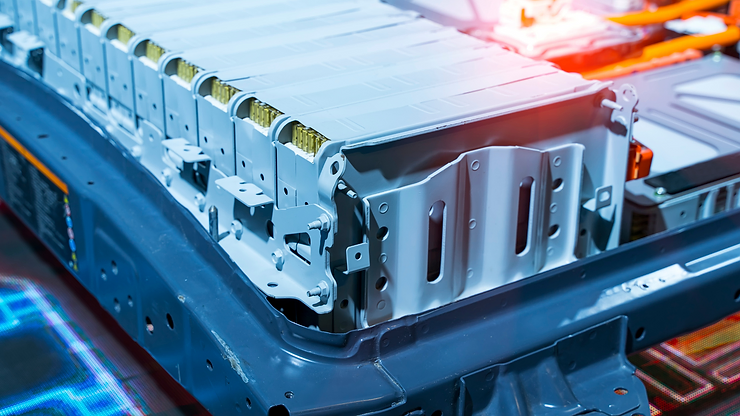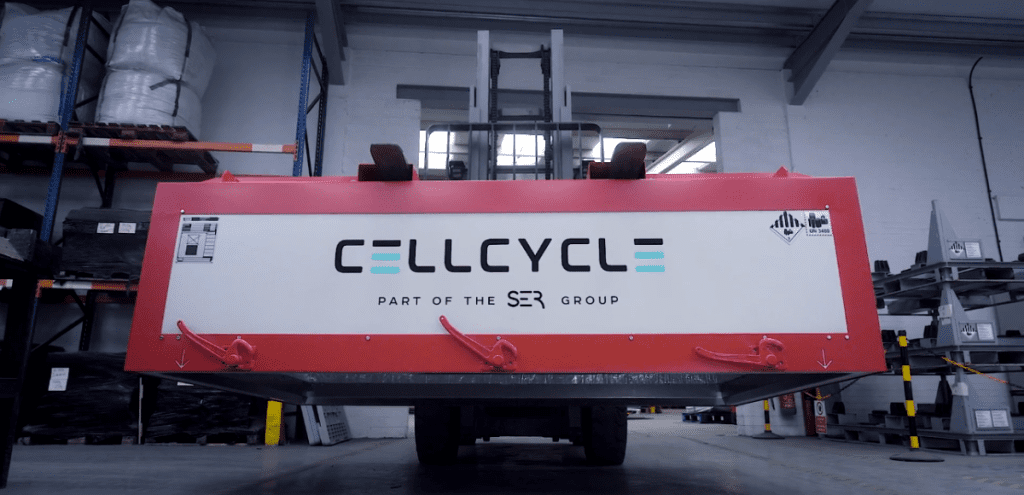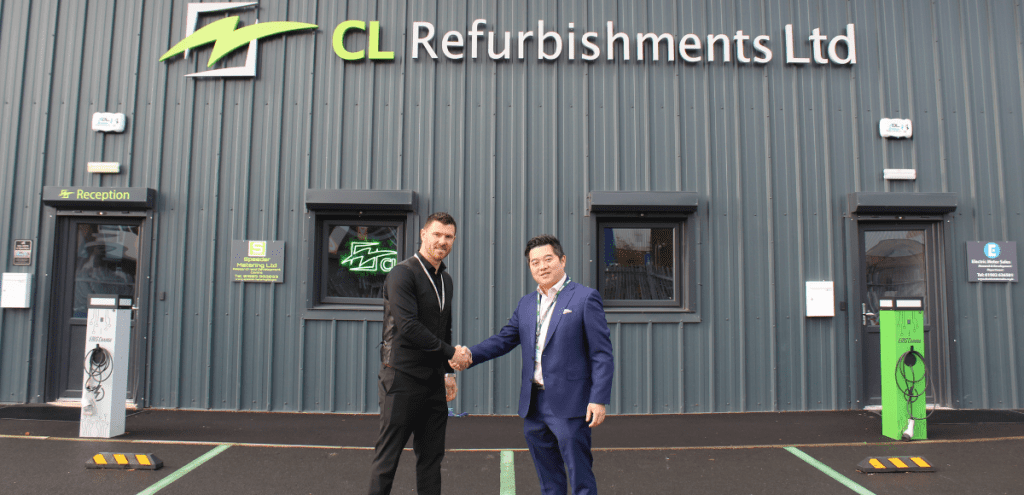Over the last few years electric and hybrid vehicles have taken the world by storm with over 6.75 million units sold last year alone. However, it doesn’t stop there, with the introduction of new legislation and laws prohibiting the sale of diesel and petrol fuelled cars many countries are going to see the sale of EV and hybrid vehicles skyrocket.
The majority of EVs across the world utilise either lithium-ion or Nickel-metal Hydride rechargeable batteries and can last around 10 years before they start to deteriorate.
However, what happens when these batteries do reach their end-of-life?
Batteries are highly hazardous and can pose a huge threat to the environment if not recycled and disposed of correctly. Due to this companies across Asia, the US and Europe have developed processes that can recycle as much as 95% of a battery.
The state-of-the-art technology used in these processes helps breakdown the battery. The process sees batteries go through to different methods of treatment: mechanical and hydrometallurgical.
These processes allow battery recyclers to separate the battery into its core materials and eventually allow for the extraction and recovery of precious elements that can be reused by companies across the battery supply-chain.
In the UK, recycling companies across the country are working hard to research and develop their own specialised battery recycling processes, which when achieved, will help companies recycle their batteries sustainably and directly in the UK without the need for exportation.
At Cellcycle we are developing our own battery recycling process that will not only ensure that batteries and battery material in the UK is recycled sustainably but help reduce the costs companies currently have to pay for this specialist service.
To find out more about our state-of-the-art technology and new recycling process speak to one of our battery recycling experts today.


